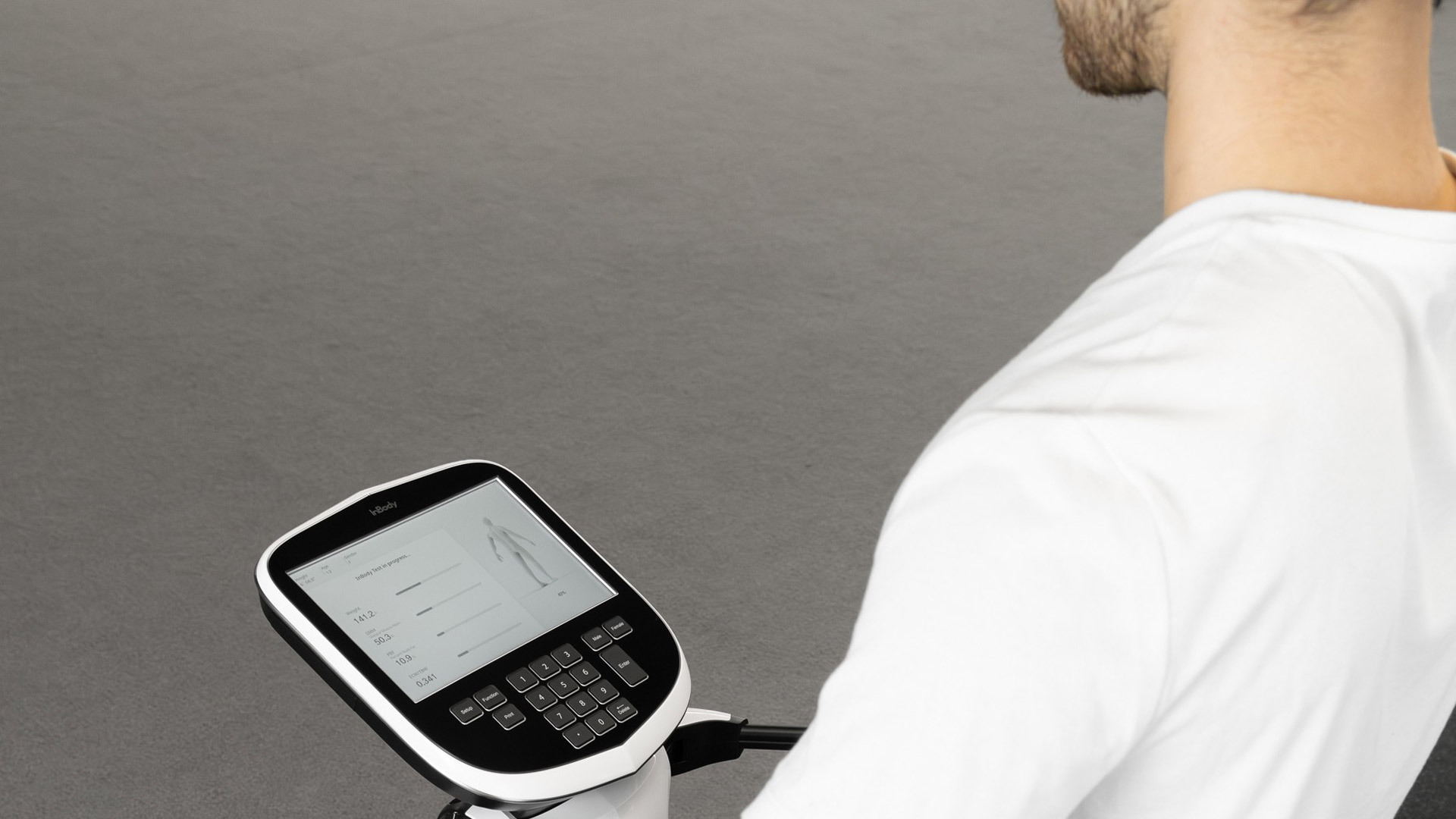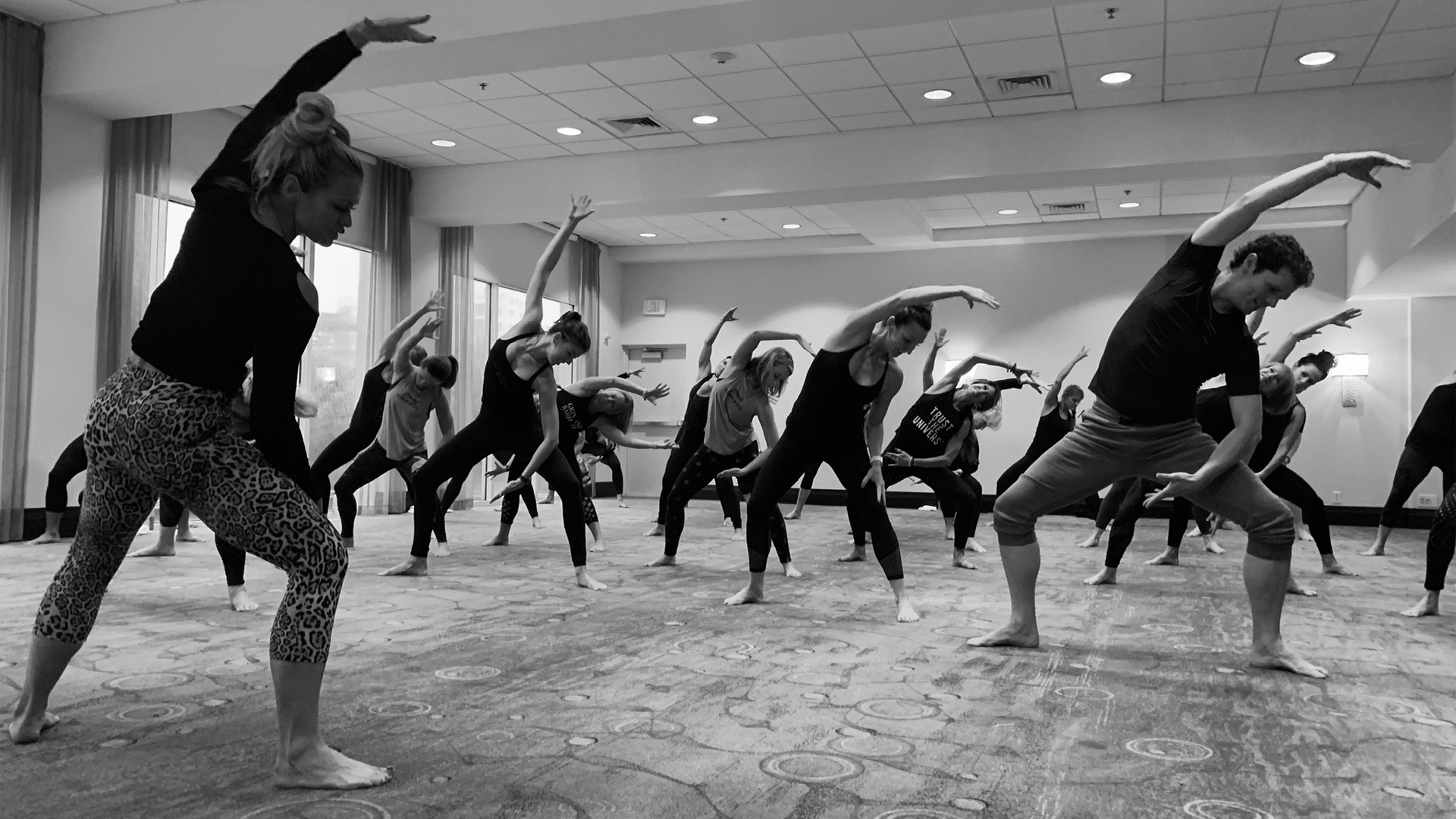All Categories

Have you ever told a client to breathe during a particularly stressful moment and they looked at you quizzically, as if to say “How is that going to help?”
Breathing, an automatic and vital process for life, holds the power to influence our mental, emotional and physiological states. For health coaches, leveraging advanced breathing techniques can be a game-changer when guiding clients toward better stress management.
Controlled breathing practices have been shown to positively affect the autonomic nervous system (ANS), which regulates involuntary bodily functions, including heart rate and digestion. By consciously altering breathing patterns, one can shift from a state of sympathetic dominance (fight or flight response) to parasympathetic dominance (rest and digest state), thereby reducing cortisol levels and enhancing mental clarity. This physiological shift is crucial for managing stress and improving overall well-being.
“Breathing affects your respiratory, cardiovascular, neurological, gastrointestinal, muscular, and psychic systems,” says Donna Farhi, a New Zealand-based yoga teacher who has been leading classes for over 40 years. “Breathing also has a general effect on your sleep, memory, ability to concentrate and your energy levels.”
Powering the Business of Health, Fitness, and Wellness Coaching

By Elisa Edelstein

By Robert James Rivera

By Elisa Edelstein

By Robert James Rivera

By Rachel MacPherson

By Elisa Edelstein

Powering the Business of Health, Fitness, and Wellness Coaching
